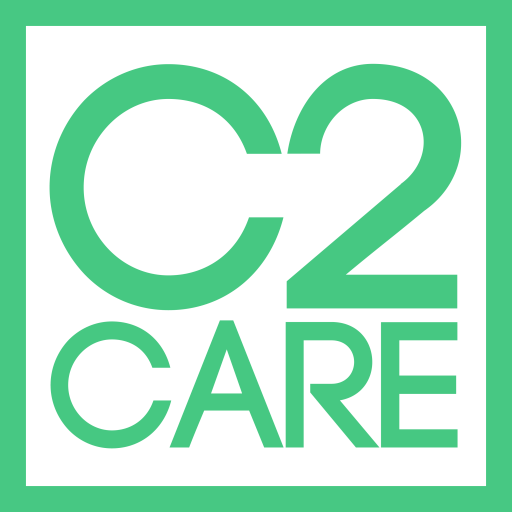In France, several hundred deaths by overdose were recorded in 2022, affecting users aged 15 and over. Drug use is intensifying and users and sellers are increasingly turning to hard drugs. Those who used to sell cannabis can now also sell cocaine. Access to these drugs has been made easier for users. Indeed, there is now a form of ubercisation in the sale of drugs, as the police have noticed that some people are now being delivered. It has therefore become a priority to think about saving lives by avoiding the use of illicit products.
TABLE OF CONTENTS
1. What is an overdose?
An overdose is an overdose in the consumption of a product, the effects of which produce changes that the body can no longer bear. The consumption has exceeded the tolerance threshold of the body. This threshold is unique for each person, depending on body type, habitual consumption, lifestyle etc.
No matter what drug or medication is taken, it is possible to overdose. Today, the illegal market for illicit substances is growing and is affecting more and more users, whether or not they have been initiated to use them. Lack of knowledge about the consequences and uses of drugs on users makes this use all the more dangerous. Overdose may be accidental as a result of drug use or deliberate as in the case of a suicide attempt.
Moreover, it is difficult to really know what the consumed substance contains. Regularly products are cut with other substances that can be much more dangerous in small doses than we think, such as fentanyl or carfentanil. Overdose can manifest itself in altered states of consciousness, which can lead to comas. Excessive sweating and a decrease in breathing rate will be experienced. The heart rate may decrease or accelerate too much until it stops. These symptoms often lead to death if resuscitative care is not taken extremely quickly.
If you see someone suffering from these symptoms, call the emergency room immediately.
2. How to prevent an overdose?
As far as prevention is concerned, it is difficult to prohibit someone who wants to use drugs from doing so. You will not be listened to or heard. However, you can always try to prevent, refer and support the person. It is true that drug use is often due to an unhappiness that one tries to anaesthetise through a substance that extinguishes, for a few moments, the pain. Try to understand the composition of the drug the person is taking. Do not be judgmental, but welcome the use of the drug. This can help you understand the person’s discomfort, but also make it easier to refer them to a health professional. If this person drinks in front of you, think about offering to hydrate regularly. It is important that the person does not drink alone. This is how overdoses happen: when there is no one to call for help and come to the person’s aid. But do you feel able to look after this person when he or she is using? It is important not to use other substances at the same time, and to start with small doses. Be prepared to alert the emergency services if necessary.
The most important thing if you want to help a person who is using is not to make him/her feel guilty, but on the contrary, that you are ready to listen to him/her so that you can help him/her to refer to another professional. You can call the drug information centre or an addiction centre such as a CSAPA or CAARUD. They will also be able to provide you with anti-overdose kits that you can use on the person who is using if he or she loses consciousness (the instructions are noted on the packaging). You should know that death by overdose can be avoided if you inject the naloxone which is present in these kits by spraying or injecting and if you perform certain first aid measures while waiting for the emergency services to arrive. Be sure to follow the instructions you are given and what the paramedics tell you. There may be some shortages at times, so always try to carry some with you or ask the person using to carry some.
3. Signs of excessive consumption
If you are not sure about a person’s drug use, and have doubts about their behaviour, there are signs that can give you clues. Not all drugs have the same symptoms, but this may give you a clue. You may have noticed a change in the person’s daily activities and lifestyle, they may have changed their relationship to food (significant weight gain or loss) and have an unstable sleep cycle, severe fatigue, and unpleasant body odour. You may also have noticed some impulsive, aggressive behaviour and a lot of daydreaming in the person, accompanied by high anxiety and even depressive symptoms.
Physically, you may notice some unusual marks on the body, needle marks, red eyes and a particularly dilated pupil, tremors, redness or abnormal pallor, nosebleeds, a dry cough…
If you feel that you may have detected this in someone you know, you can try to talk to them about possible solutions in a caring way. Once again, keep in mind that drug use is a crutch, and a solution found to alleviate another underlying problem. You can therefore invite him/her to have a diagnostic assessment of his/her use by a professional. There are clinics specialising in addictions, hospital services or psychiatrists who can help.
In any case, do not try to carry the burden of the person’s use on yourself, but help them to be redirected to a professional or a centre that can help them in an appropriate way.

